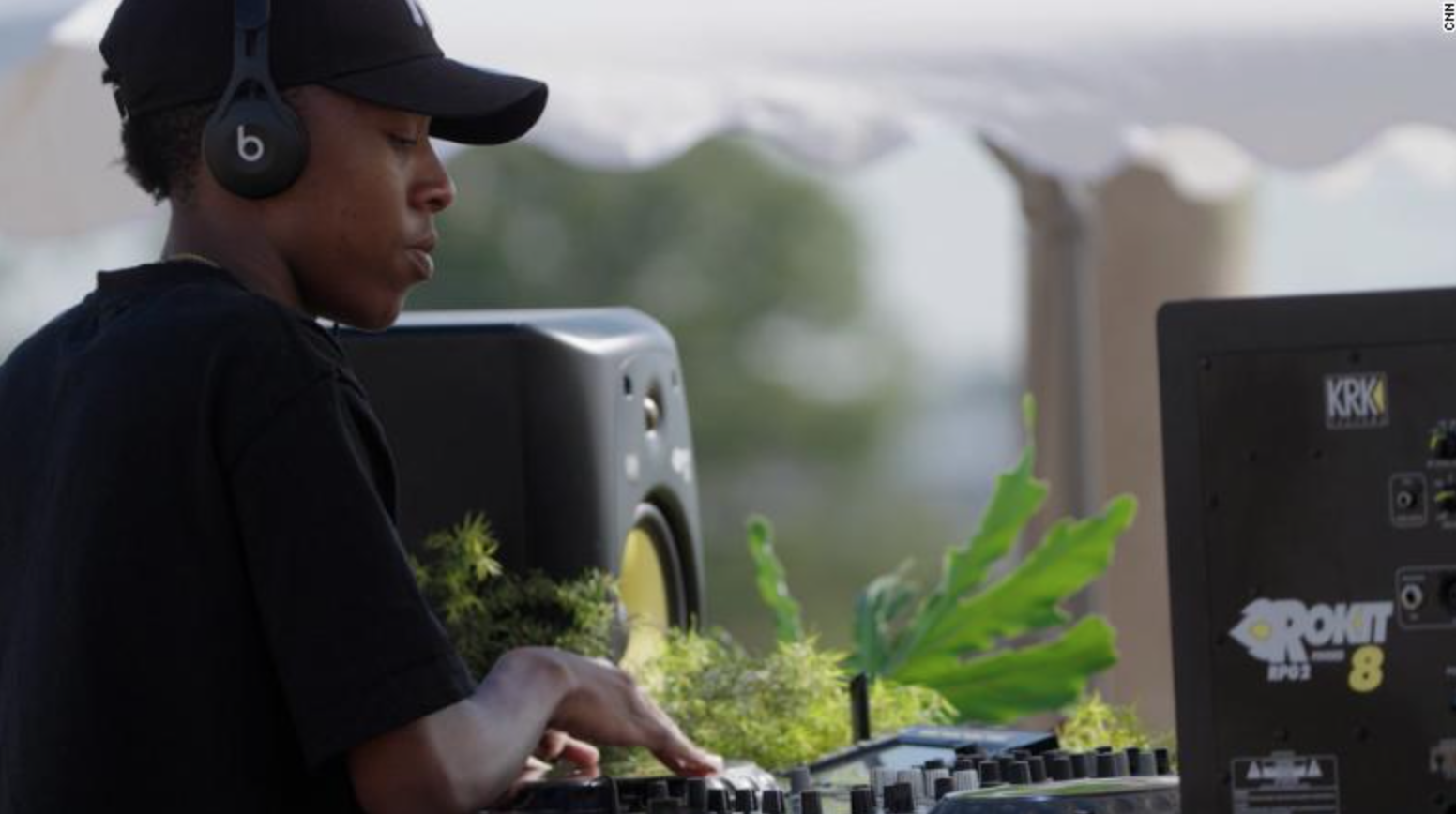Amapiano hit-makers are taking South Africa — and the world — by storm
A distinct sound is currently vibing on social feeds around the world: the deep house, log-drum driven basslines and soulful piano melodies of «Amapiano.» While Amapiano dance challenges are currently sweeping TikTok, the streets of South Africa have been thrumming with its sound for years.
Seeping out of car windows and overflowing from clubs, Amapiano is more than a genre of music — it is influencing style and dance and making an impact on South Africa’s music industry. Believed to have started in 2012, this underground trend exploded in popularity during the Covid-19 pandemic, and has been on the rise ever since.
«We noticed a lot of our youths at the end of 2019 starting to use Amapiano music to create their food videos, their dance videos, their fashion videos, memes. And we really saw people embracing the genre and wanting to engage with it,» says Yuvir Pillay, music operations manager at TikTok South Africa.
He says Amapiano is the country’s biggest musical genre on TikTok «We haven’t seen a local music genre take over a platform in this kind of huge escalation in a very long time,» he adds.
Now the sound is spreading beyond borders. In 2021, videos using the hashtag #Amapiano flexed their muscles on the popular app with more than 1.6 billion global views — while the «Amapiano Grooves» playlist on Spotify had more than 50 million streams worldwide.
Uncertain origins
While its popularity is unquestioned, the birth of Amapiano — which means «the pianos» in South Africa’s Zulu language — is often the subject of debate.
The genre’s roots are disputed says AshMopedi, host of the Amapiano-dedicated YouTube channel Groove Cartel. «Perhaps it comes from the Gauteng region [northeastern province that includes Johannesburg and Pretoria], where its origins can be traced, but as to who is that one person that created Amapiano, it’s a difficult thing,» he says. «Whoever it is, please come out and let us know.”
Some argue the infectious sound is rooted in Kwaito, a style of music which blended house beats with hip hop in the 1990s. Music producer, record label owner, and Kwaito pioneer Oscar Sibonginkosi Mdlongwa, known as Oskido, says Kwaito emerged following a period of political change, that saw the release of Nelson Mandela and the decline of apartheid.
«The younger generation at that time, we started creating our own music, which we called Kwaito. We used to take house music, slow it down and from there, we reprogrammed the music,» he says.
Fast forward two decades and Amapiano emerges. It features the same slowed-down house beats as Kwaito, but also incorporates jazz, synths and percussive basslines.
DJs have since played a key role in popularizing the genre. Vigro Deep, a 20 year old Pretoria-born DJ, has taken the Amapiano scene by storm. His keen ear for music has helped catapult him to international success.
«I started producing by the age of 16, (when) Amapiano was something that was trending,» Vigro Deep says.
He says he takes pride in sharing the sound of the townships with the world — one that is innovative, collaborative and disruptive in the way it’s transforming an industry.
Source: CNN






